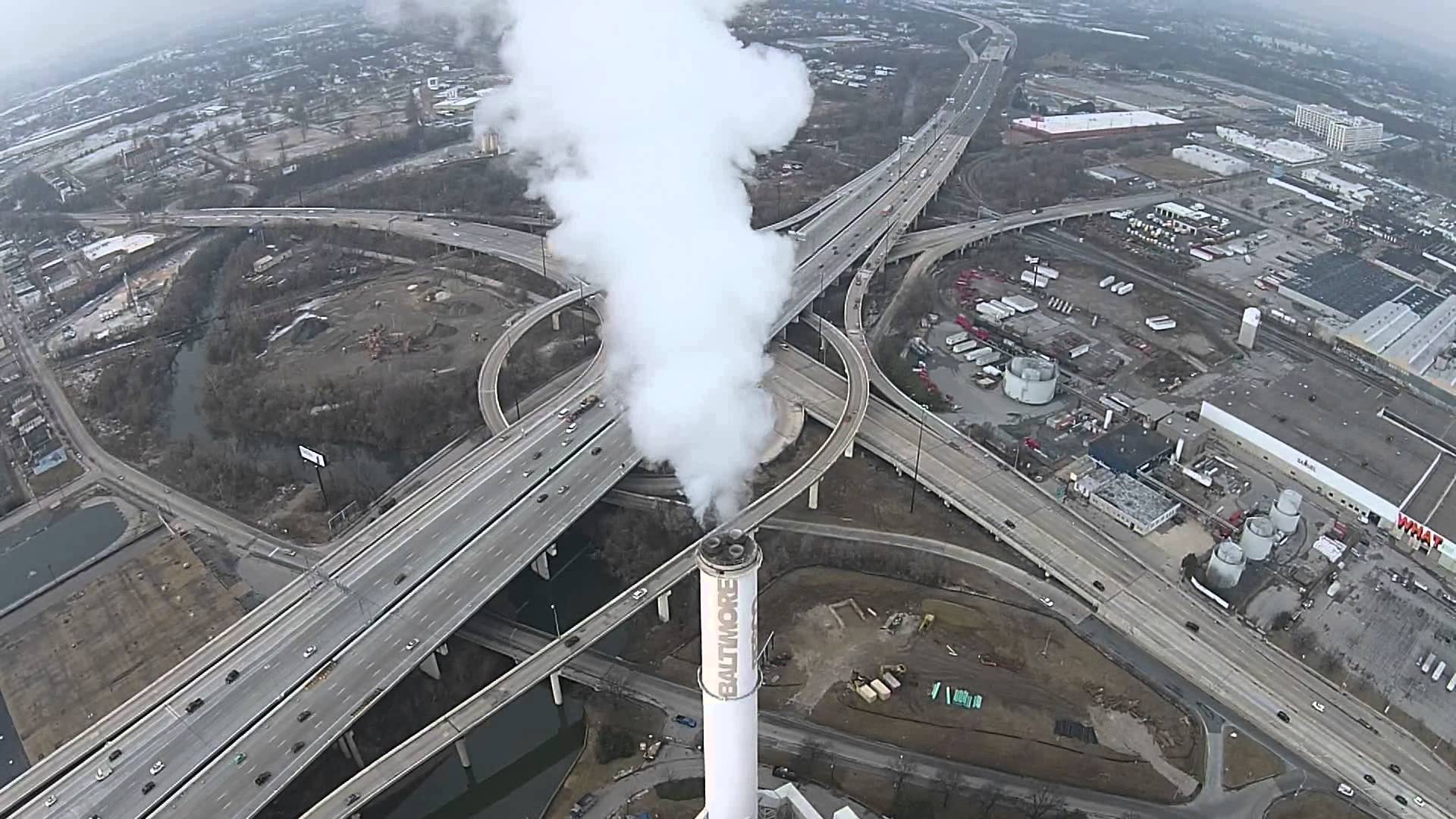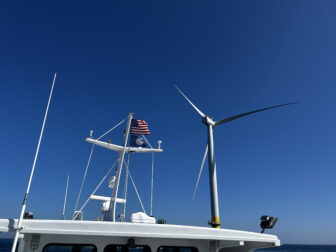A memo from the Chesapeake Climate Action Network
Summary
The good:
The Maryland Clean Energy Jobs Act (SB 516) passed the state General Assembly on April 8th with a stunning veto-proof majority. The bill is the strongest clean-energy legislation ever passed in Maryland in the fight against climate change. It requires that 50% of the state’s electricity come from renewable sources by 2030 with a mandatory plan to get to 100% by 2040. It will create 20,000 new solar jobs in the state, turbo-charge the state’s offshore wind industry, invest in job training for minority communities, and reduce carbon pollution in Maryland and across the region equivalent to taking 1.7 million cars off the road.
For these reasons, the bill passed by landslide margins — 95-41 in the Maryland House of Delegate and 31- 15 in the Senate. The bill was supported by most of the state’s largest environmental and civil rights groups, including the Chesapeake Bay Foundation, the Maryland League of Conservation Voters, Interfaith Power and Light of MD/VA/DC, the Maryland State Conference of the NAACP, Chesapeake Climate Action Network, and many others. It was also supported by ten of Maryland’s leading climate scientists.
The bad:
Like most complex bills, this one has some significant shortcomings. Perhaps the most significant is an abhorrent loophole in state law that allows trash incineration to count as clean energy, thus gaining subsidies under the state’s clean electricity standard. This means that harmful, polluting incinerators will make up about three percent of the state’s renewable energy portfolio in 2020. (Wind, solar, and hydropower will make up 83 percent). Environmental and justice advocates, including CCAN, fought ferociously to close this loophole during the legislative session. We succeeded as part of a Senate version of the Clean Energy Jobs Act (CEJA) and we fought for two stand-alone bills in the House and the Senate to close the loophole. But none of our efforts garnered enough votes to pass out of the House Economic Matters Committee. In the end, the version of CEJA that passed both chambers did not close the loophole. For reference, Maryland’s two waste-to-energy plants for trash are the BRESCO facility in Baltimore City and the Dickerson plant in Montgomery County.
Some legislators shared our deep disappointment over this setback. But every member of the House of Delegates from Baltimore City voted for the final version of the Clean Energy Jobs Act. And every senator from Baltimore City did the same. In Montgomery County, every Senator and Delegate voted for the bill save one, who didn’t vote at all.
More details:
Why did these legislators vote for a bill that failed to close the trash loophole? Several reasons have been offered by lawmakers:
- As a whole, CEJA is a remarkable bill: The bill takes huge and historic steps to fight climate change and create jobs, as described above. And, without passage, 400 Maryland families were predicted to lose jobs in the solar industry in 2019. The industry lost 800 jobs when the bill didn’t pass in 2018.
- Meanwhile, during the 90-day legislative session, local leaders in Baltimore and Montgomery County pledged to shut down the trash incinerators back home: The session, which began on January 8th, saw local elected officials back in Baltimore and Montgomery County make bold pledges and take extraordinary steps to begin shutting down the existing trash incinerators entirely and permanently. The Baltimore City Council voted 14-0 on February 11th to effectively shut down the polluting BRESCO plant by 2022. The newly elected County Executive in Montgomery County, Marc Elrich, announced on his first day in office on December 3rd that it is his goal to shut down the county’s Dickerson plant during his tenure. In the minds of some Annapolis legislators, this made action at the state level appear less urgent and environmental advocates began to lose their support for closing the loophole in state law.
- And throughout the Annapolis session, organized labor and some elected officials fought all efforts at incineration reform: Lobbyists from the incineration companies Wheelabrator and Covanta encouraged legislators to take “helpful” tours of the incineration plants and pressured labor leaders into declaring that lost non-union jobs at these plants could lead environmentalists to threaten unionized jobs elsewhere in the combustion industries. This resistance created a politically insurmountable force in the House of Delegates. Many lawmakers told environmental advocates that they were very aware of moves toward plant shutdowns at the local level and they were very concerned about the simultaneous resistance to anti-trash legislation in the CEJA bill from labor and other quarters. Outside of this swirling controversy, legislators said they wanted to make sure that the bill’s dramatic incentives for wind and solar power were not lost.
So Annapolis lawmakers decided to leave trash incineration reform to local leaders for now while voting for a very-good-but-not-perfect Clean Energy Jobs Act. The stunning numbers — 95 yeas in the House, 31 yeas in the Senate — speak to the popularity of wind and solar jobs as well as the support for good climate policy. But a very big number of lawmakers have no intention of giving up on trash incineration. They intend to come back in 2020 to try to close the loophole forever, working with advocates. With the failure to close the loophole this year, energy generated through trash incineration will comprise 4% of the statewide mix of renewable electricity in 2020. The goal is to get that number to zero as soon as possible. Under the Clean Energy Jobs Act that just passed, 83% of the state’s portfolio for renewable electricity will be truly clean power like wind and solar by 2020. Specifically, by next year, it will be 57% wind energy, 21% solar power, and 5% small hydro power. Under this same bill, by the year 2030, 91% of the state’s portfolio will be wind and solar and small hydro.
Local next steps: Advocacy groups will work with local governments to create “Zero Waste” plans and to shut down the incineration plants back home: The Chesapeake Climate Action Network and a host of groups have pledged to work tirelessly with elected officials and others to shut down the trash-burning plants in Baltimore City and Montgomery County AS SOON AS POSSIBLE. This will require working collaboratively with citizens, government agencies, and private industry to create and execute “Zero Waste” plans for these jurisdictions.
Annapolis next steps:
Advocacy groups will return to the Statehouse in 2020 to continue to build the political will needed to close the legal loophole for trash incineration in the state’s renewable portfolio standard for clean energy and to protect the health and well-being of our communities.
CONTACT: Mike Tidwell, mtidwell@chesapeakeclimate.org; Brooke Harper, brooke@chesapeakeclimate.org






